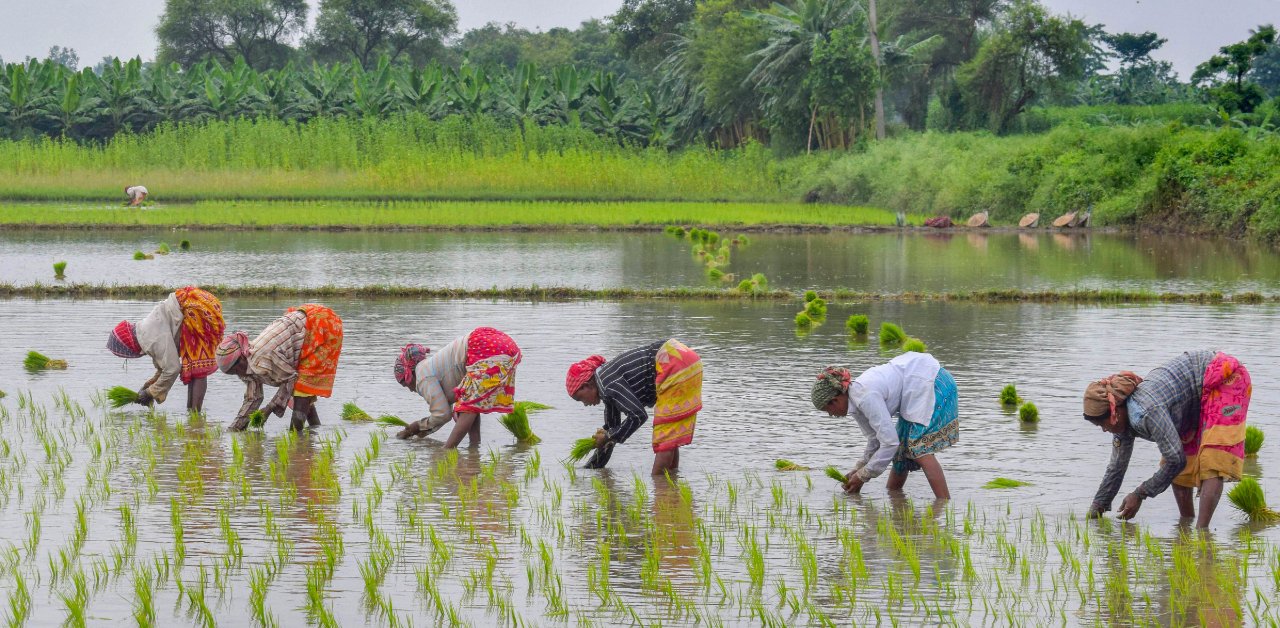Why is Kerala hotbed of zoonotic diseases like COVID, Nipah?
Depleting forest cover with higher concentrations of livestock and human, leading to disruptions in the ecosystem, could be the trigger
;
From Nipah to COVID to Nipah again, Kerala has been fighting a tough battle against zoonotic viral diseases. According to the World Health Organisation (WHO), zoonotic diseases are infections that have jumped from a non-human animal to humans. So, what makes Kerala a hotbed for such diseases?
According to an article in the journal Nature, depletion of forests, high population density of domestic animals as well as high population density of humans could be the triggers. China, from where COVID is suspected to have originated, is a key hotbed for zoonotic diseases, says the article, titled ‘Land-use change and the livestock revolution increase the risk of zoonotic coronavirus transmission from rhinolophid bats’.
Global hotspots
“The other major global hotspots outside China are found in Java, Bhutan, east Nepal, northern Bangladesh, the state of Kerala (India) and northeast India, of which the Bangladeshi and northeast India regions are known for past outbreaks of Nipah virus, another bat-related zoonotic disease,” it adds.
“Population growth, urbanization, increasing affluence in middle-income countries and the associated dietary shifts, including increased demand for animal products, are driving agriculture expansion and changes in animal husbandry — often at the expense of natural ecosystems,” it adds.
Also watch: ‘Mystery fever’ spreads to parts of UP, killing at least 116
The research, conducted by scientists from Italy, the US and New Zealand, focused on China while touching upon other regions populated by Asian horseshoe bats, “the species that most commonly carry severe acute respiratory syndrome (SARS)-related coronaviruses too”. “We identify areas at risk of SARS-related coronavirus outbreaks, showing that areas in China populated by horseshoe bats exhibit higher forest fragmentation and concentrations of livestock and humans than other countries,” say the authors, drawing similarities to other zoonoses-prone areas such as Kerala.
Reshaped dynamics
The article further points out that human encroachment into wildlife habitat “favours the interaction between humans and wildlife species, either directly through activities such as hunting or indirectly through other species, particularly livestock that are in closer contact with humans.” “Deforestation and forest fragmentation reshape the dynamics of wildlife communities,” it says, adding that where humans come in frequent contact with bats, zoonotic diseases are known to thrive.
A report in Mathrubhumi, quoting TS Anish, Community Medicine Chief of Thiruvananthapuram Medical College, said human expansion into the forests of the Western Ghats, and the reduction of fruits in the forests, attract bats to human settlements in Kerala.
The Nature article concludes that environmental health is closely linked to both animal and human health. A “more holistic views of global health, encompassing environment, animals and people, and the interactions among these factors” would be the optimal way for humans to control zoonoses, it says.
10 people test negative for Nipah
Meanwhile, in news that offers some relief to the Kerala government, 10 people — who had come in close contact with a 12-year-old boy who died of a Nipah virus infection on Sunday — have tested negative for the disease. This includes the boy’s parents and the medical workers who treated him in Kozhikode.
“The negative results give us a huge relief,” media reports quoted state Health Minister Veena George as saying on Tuesday morning at the Kozhikode collectorate.
